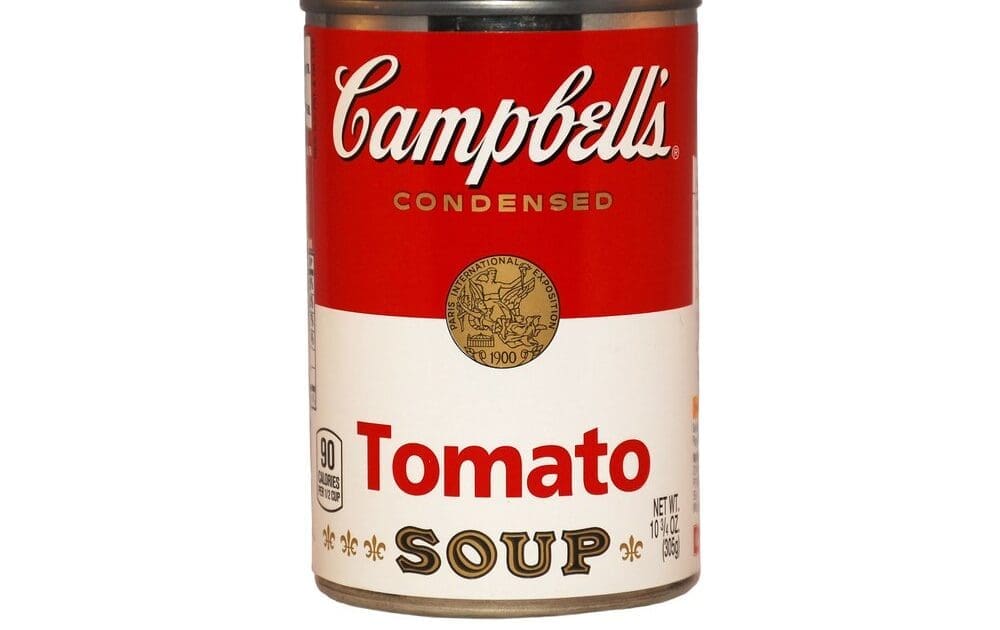Campbell’s Will Pull BPA After Study Found the Toxic Chemical in All of Its Canned Soup

The Campbell Soup Company announced Monday that it would be removing Bisphenol A (BPA) from its canned soups, joining the ranks of companies like Annie’s Homegrown, Whole Foods, and ConAgra. According to the announcement, 75 percent of Campbell’s canned soups will be sold in non-BPA cans by the end of 2016, and all products will be BPA-free by mid-2017.
This announcement comes not a moment too soon, as a new report released today showed that 100 percent of Campbell’s cans tested positive for the chemical. The report, entitled “Buyer Beware: Toxic BPA & Regrettable Substitutes in the Linings of Canned Food,” was released in conjunction with an online campaign calling out several companies — Kroger and Campbell’s specifically — to crack down on BPA.
The report tested a total of 192 food can linings and found that a total of two-thirds of the cans contained the chemical, including 71 percent of Del Monte cans and 50 percent of General Mills cans. General Mills does not yet have a timeline to remove Bisphenol A from its products.
The study also analyzed replacement materials in “BPA-free” can linings, showing that these may not be a better option. Campbell’s agrees; NBC News reports that the company continues to believe that Bisphenol A is the safest option for canned food linings.
Other than BPA, the report identified four major alternative coating types including PVC copolymers, which are considered “a regrettable substitute,” according to the study, as they are made with carcinogenic vinyl.
The report also showed that discount retailers had some of the most shocking BPA contents, with 83 percent of Dollar Tree and Family Dollar cans containing the toxin, a problem that the report highlighted as particularly grave.
”While some families are fortunate to have access and means to purchase fresh produce, many communities across America have no choice but to buy canned food lined with toxic BPA,” said Jose Bravo, coordinator of the Campaign for Healthier Solutions. Bravo noted that many of these families, often low-income, live in food deserts and are exposed to even more Bisphenol A than the average American.
Following the reformation of the Toxic Substances Control Act last year, this information — and decisions like Campbell’s — have become even more important. Some provisions in the new reform allow, for example, for foreign products containing dangerous chemicals to be imported. An online petition from Safer Chemicals, Healthy Families has been posted to gather support for a stronger bill that will “leave special-interest loopholes on the cutting room floor.”
Bisphenol A is an endocrine-disrupting chemical that has been linked to several types of cancer, infertility problems, and obesity, amongst other health problems.
The most dangerous canned foods, according to the report, were broth, gravy, and canned milk. Canned veggies like corn and peas were the least likely to test positive for the toxin.
Related on Organic Authority
BPA Back on List of California’s Prop 65 List of Reproductive Hazards
BPA-Free Products Linked to Irregular Heartbeat, Study Finds
Male Infertility Linked to BPA Exposure, Study Finds
Campbell’s Soup image via Shutterstock

